When purchasing a home, many first-time buyers fixate on the up-front expenses they'll incur, from the home inspection to legal fees to the down payment. Well, I hate to break it to you, but that's just the beginning. Recently, I asked homeowners of the BuzzFeed Community to share the hidden costs that they weren't prepared for — financially or otherwise. From their submissions, these are the realities that any current or future homeowner should know about before it's too late.
And if you've come across any hidden homeownership costs of your own that you'd like to share with us, you can do so in the comments at the end of this post or through this anonymous Google form.
1. "Be aware that you are responsible for the cost to repair your main sewer line from your house to the company line, which is typically in the middle of the road in front of your house. If your house is older and has either clay or cast iron for the mainline pipe, find out where it is located, and if there is a tree close to it, get a sewer line scope to find out if roots have broken through yet. Be prepared: When this happens, it will cause a nasty backup in your house and be very expensive to repair. We spent $13,000; that was for repairing 10 feet of the damaged line and a PVC sleeve insert for the remaining 50 feet to prevent future root intrusion. We did that after watching our neighbors have their yard dug up twice in two years because of roots."
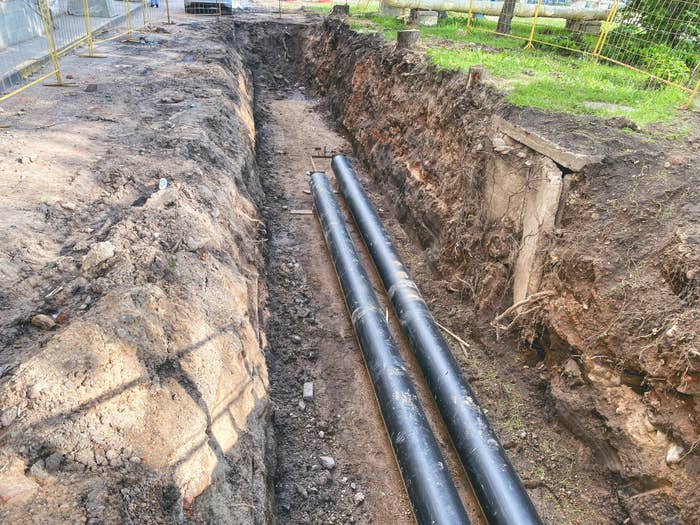
2. "Having all the things you need in your house. All your parents’ tools, flashlights, trash cans, etc., all had to be bought when they got a house. You don’t think about it as a kid or even a young adult, but you have to drop money to have all of those things around for when you need them as an adult. They don’t just show up or come with the house, usually."
—Anonymous
3. "Honestly, it’s the general upkeep! Your pretty white house and cedar exterior fence need to be power-washed occasionally. Your lawn will die on you if you’re not constantly watching. Your exterior landscaping tries to go all jungle on you if you look away for 10 seconds. The pretty trees outside your house are worth thousands of dollars in curb appeal and need the care of an arborist. It’s a never-ending, wildly expensive battle to protect your investment. I would buy my house again knowing what I know now, but I would probably get a Xanax prescription first."
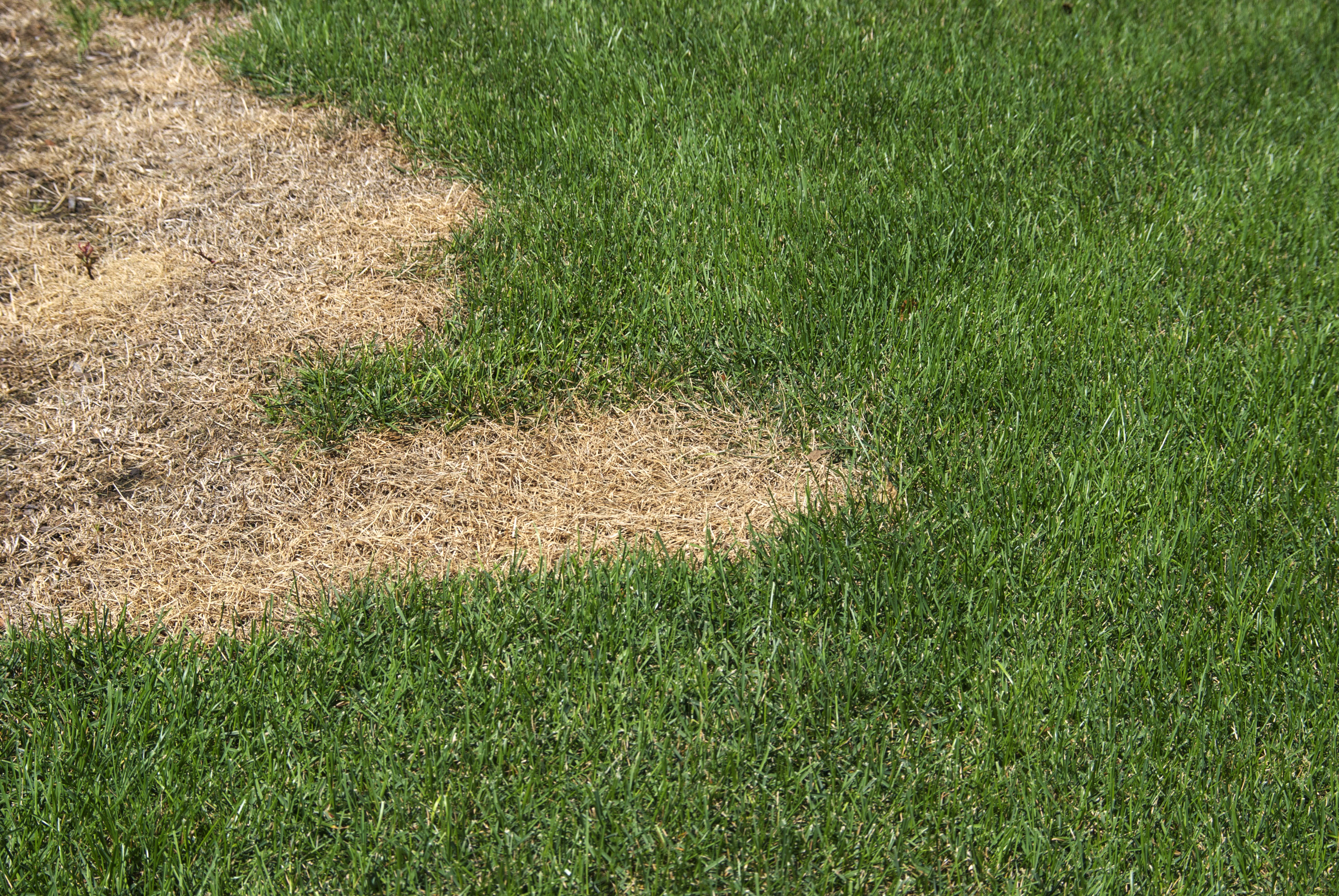
4. "For me, the hidden cost was my social life and individuality. It's very lonely. I spend most of my time now managing the home, cleaning the home, and repairing the home. What I don't spend in time, I have to spend in money. I'm learning, and it's getting easier every year, but it's not lost on me how much less energy and money I have for personal expression and experiences."
5. "Heat! Living in the Northern US means cold, long winters and so many additional expenses. When I rented an apartment, heating was included in my electric or gas bill and might predictably increase a little bit in the colder months. Now that I'm a homeowner of a 100-year-old house, I have to budget for heating oil ($800–$1,200 per fill-up), wood pellets ($500 per pallet), additional electric costs, and maintenance on the heating devices at least once a year. That first year of homeownership was rough on my cash flow, and now I've worked out a savings plan where I put a little back every month for my estimated annual heating costs. If you are going to buy a home, do some research on your heating situation and see how that fits into your budget."
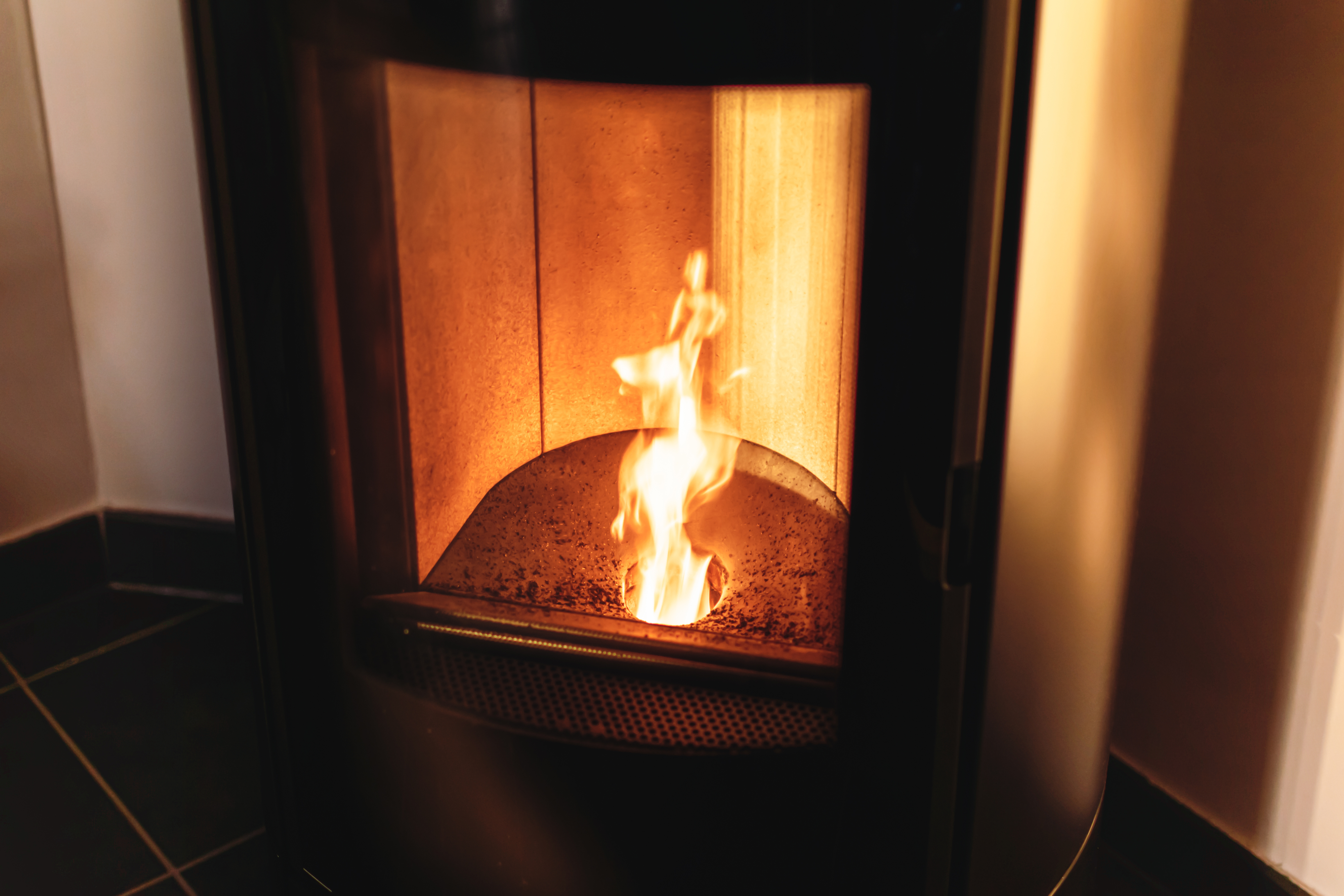
6. "Insurance. If you go with the bare-bones minimum requirements to satisfy the lender, you WILL regret it later. When it comes to homeowners insurance, you very much get what you pay for. That includes the fact that 'water,' 'flood,' and 'mold mitigation' are often add-ons that they will not willingly mention. You have to ask for it, and then ask what each of those terms means in your state and to your specific company. For example, our company has two separate water categories: one for a sudden and obvious pipe burst and then one for a slow, sneaky leak. And yes, we have to pay separately for each."
—J.S.
7. "Big one: weather damage. Frozen pipes, hail damage, wind damage. Sure, insurance will pay for some of it, but then they raise your rates or drop you. Or the company drops an entire region. And insurance doesn't cover fallen trees or tree limbs that have fallen unless they fell on your house. And if your neighbor's tree falls onto your property, it's your responsibility."
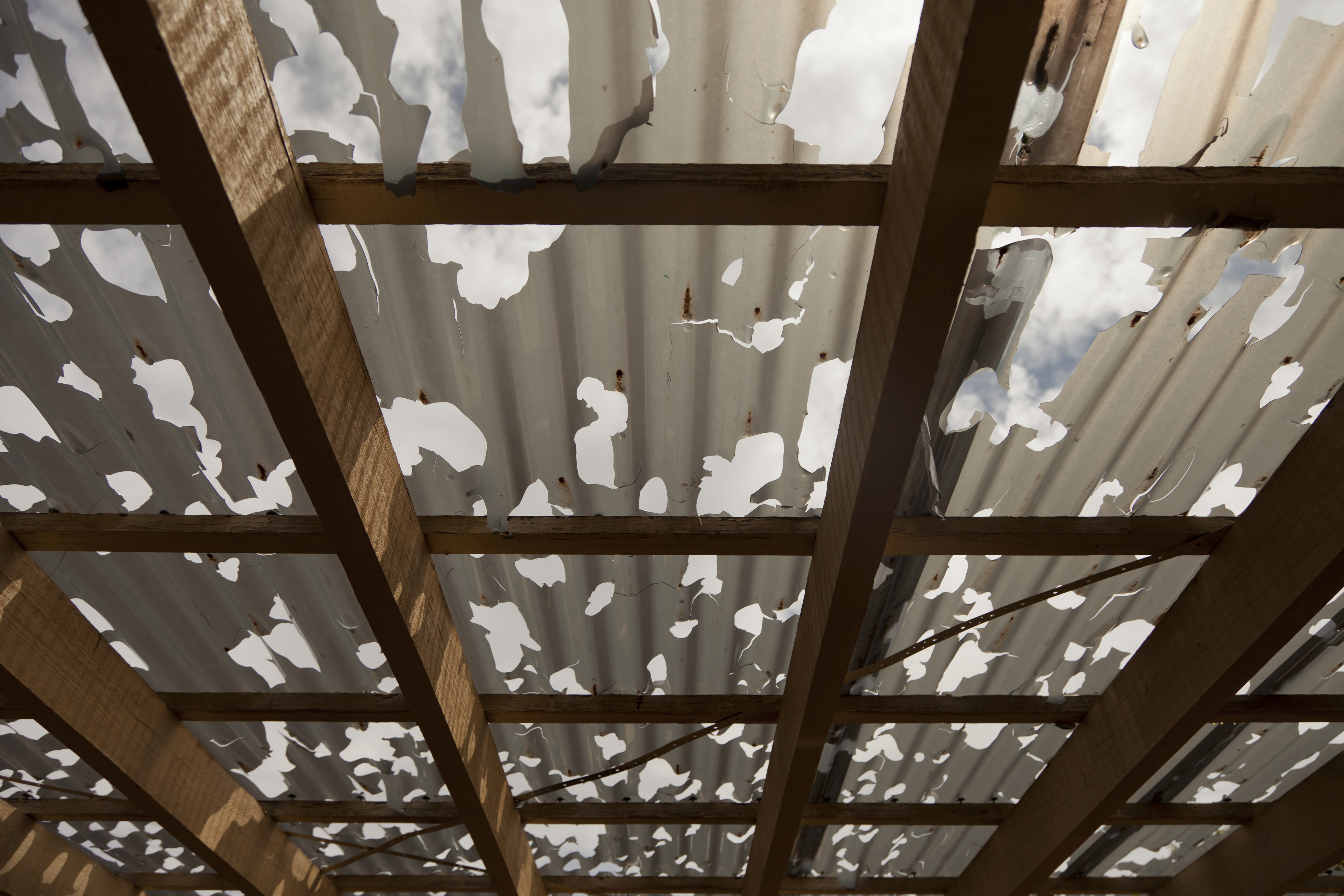
8. "This may seem strange, but outdoor storage. I have a garage, but once I started buying stuff like a lawnmower, generator, snowblower, pressure washer, grill…there was no more room for my car. I ended up having to have a shed built. It’s something that I was planning on doing eventually, but it’s incredible how quickly all your storage space evaporates. You’re going to see your house when it’s empty and think you have plenty of storage space. Trust me, you don't."
9. "Having lots of natural sunlight also means more heat will be created and trapped inside the house, which means more electricity to cool the house down if you live in a hot climate. It gets expensive quickly — especially when you live in the desert."
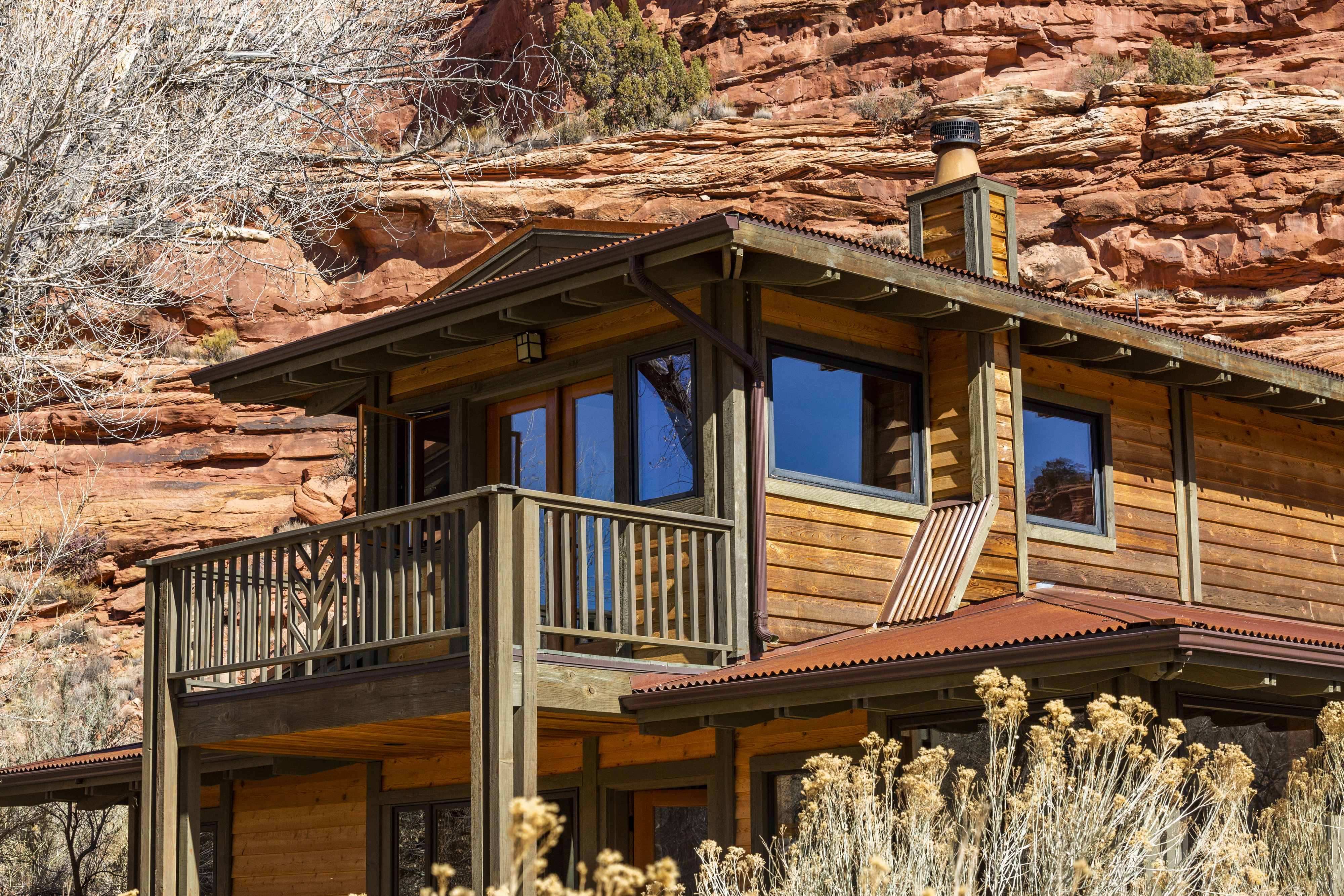
10. "We moved into a new development in a distant suburb of San Francisco. According to our homeowners association, we had 14 months to install landscaping and a lawn. My multitalented, genius engineer husband was amazing at many things; he had done a great job on our former yard, so he was going to do this one as well. But he was a Vietnam vet hit by Agent Orange. He got leukemia and died within a few months, and I wasn't ready to take on his responsibilities."
"Our HOA was a bully and wouldn't give an extension on landscaping. I had to hire gardeners at $130 a month, put in a new lawn myself for $2,000, and hire a $40-per-month exterminator, since rodents and termites were menaces. A house requires daily attention, care, and upkeep; budget at least $300 per month — plus the stress of hiring professionals, even the licensed and recommended ones."
—Anonymous, California
11. "If you own property with trees, hiring skilled people to cut overgrown, overhanging limbs and remove those heavy limbs and the miscellaneous debris can be quite costly. Expect to do this at least once a year for regular maintenance, and more often if you are in an area that gets heavy storms or very cold winters, when trees tend to fall and large limbs break off. It takes heavy equipment to move large limbs and large piles of debris. You must also hire a truck or two for disposal. Costs run up to $3,000 a year, sometimes more."
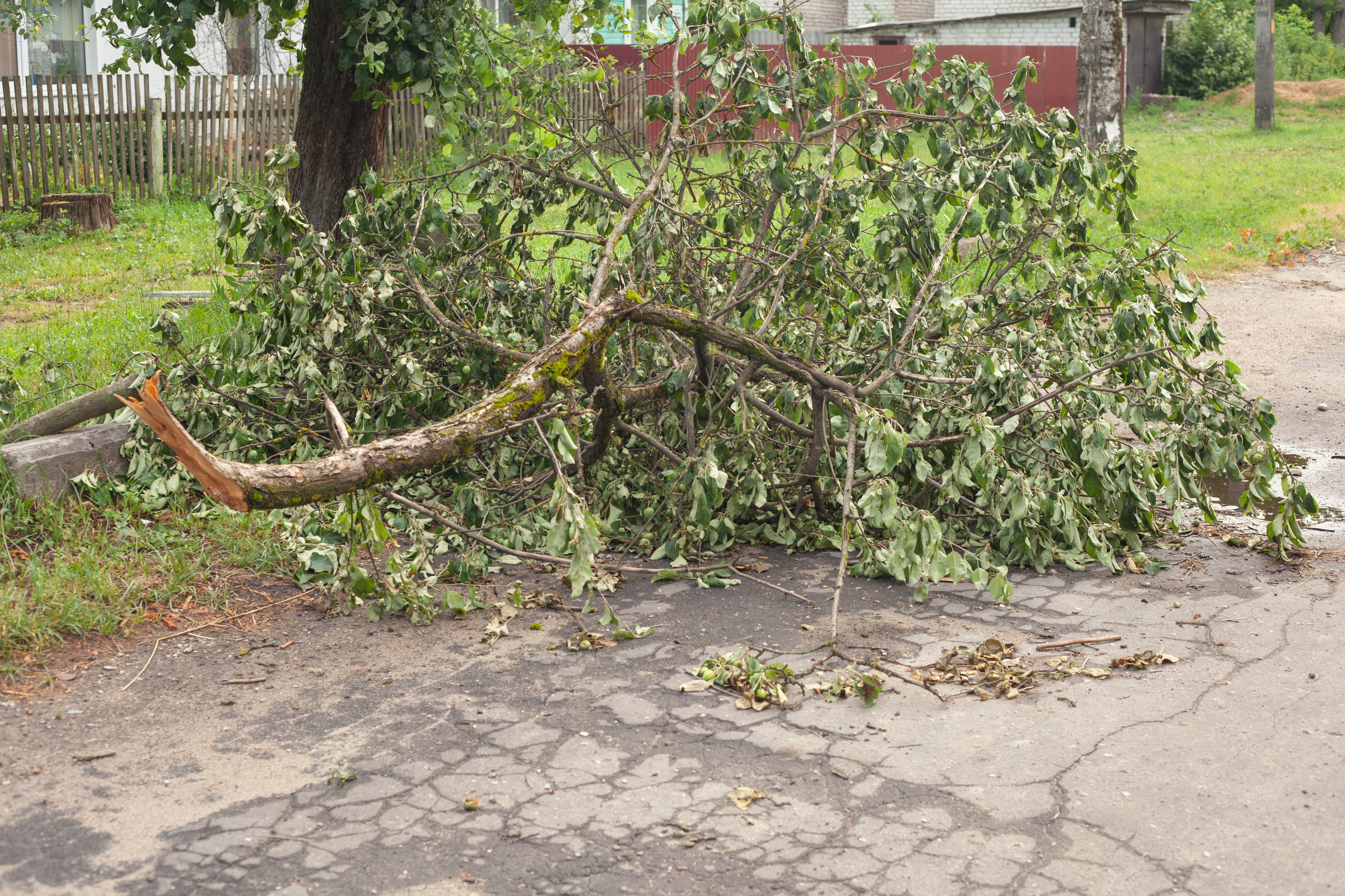
12. "How much isn’t covered by homeowners insurance: rotten floor, damage from burst pipes, sewer or septic issues...you may not even have earthquake coverage. And don’t get me started on 'wind-driven rain.'"
13. "Half-assed DIY projects from previous owners. Our very old dishwasher leaked, and water got underneath the kitchen floor tiles. They started cracking, so we decided to pull them up. The tiles were laid directly on top of the concrete floor. Some were stuck down with mortar and some with caulk."
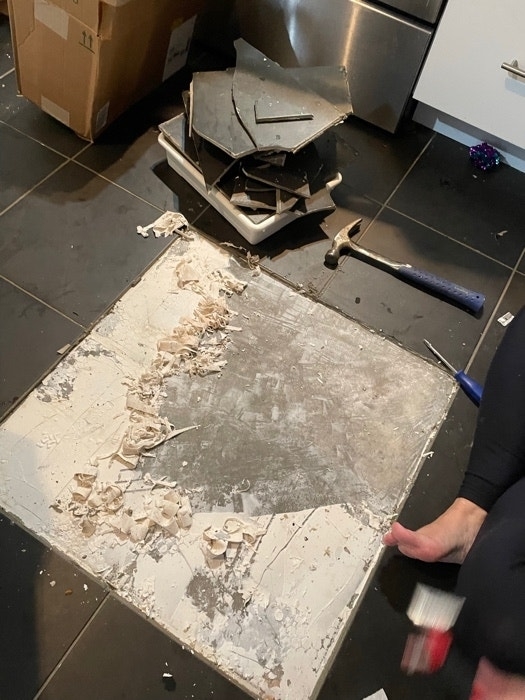
14. "We built our house in a beautiful neighborhood. Almost exactly one year after we moved in, we received a bill for $800. We looked into it, and apparently everyone pays for the sewer system separately from everything else — $800 per year for the next 25 years!"
—Hank S.
15. "In certain places, you must have flood insurance. It's expensive. Make sure that if you find a house you really love, you're prepared for all the additional insurance you may need."
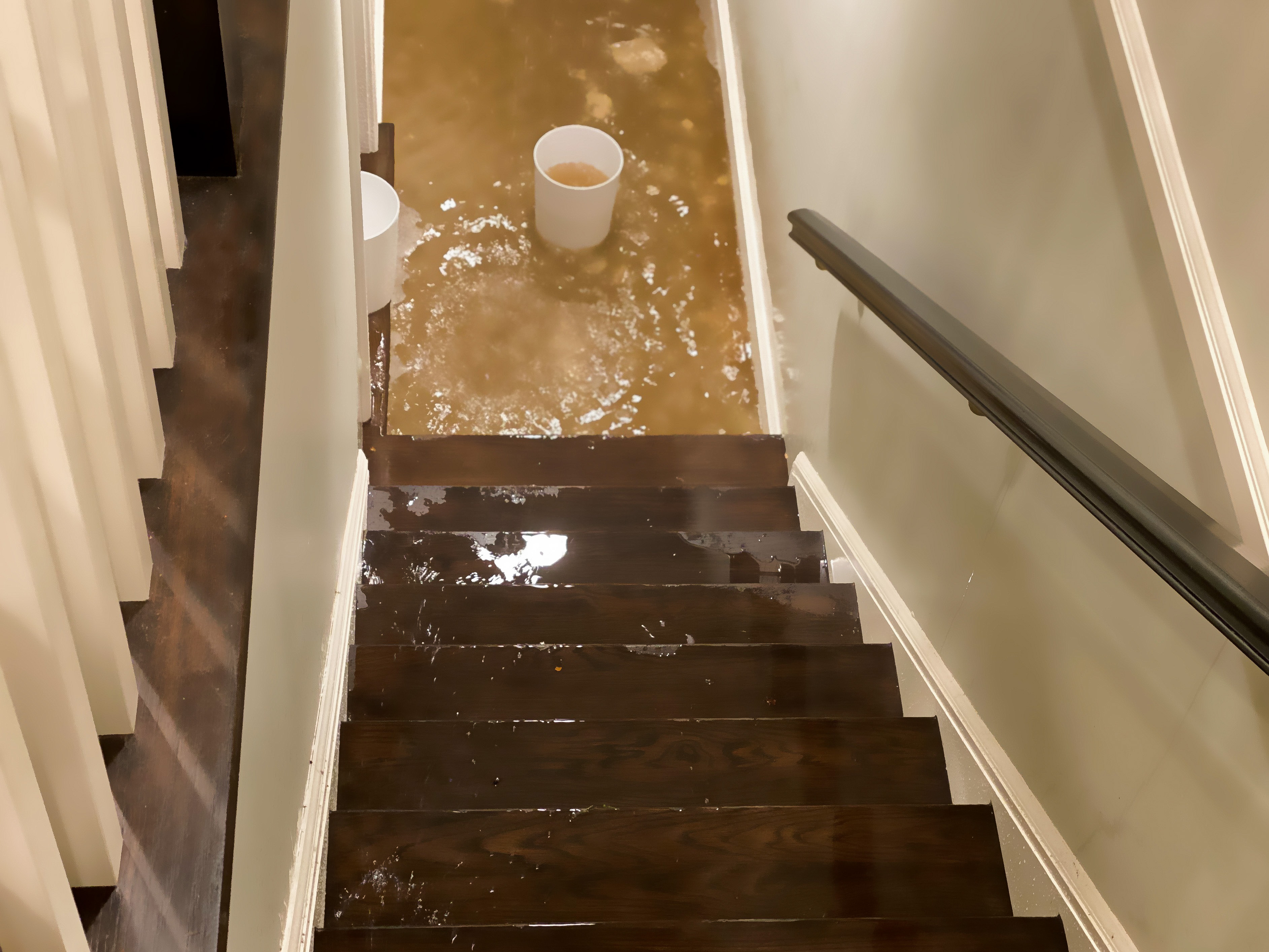
16. "Time and mental labor. The time it takes to figure out what’s broken and how to fix it. Time to call and vet contractors if needed — safely, too, if that’s a concern for you. Or to go to the hardware store and watch YouTube videos until you feel comfortable starting the work, then doing the work. I have a toilet that’s been broken for a year, not because I can’t afford to fix it or can’t figure out how, but because I don’t have the time and emotional energy to dedicate to it. Time is money in homeownership — especially referring to the single female homeowner, in my case. But on the flip side, I’ve learned so much, and I feel a huge sense of accomplishment when I fix something successfully. I’ve molded this house around my personality, and I love it."
—Anonymous, 40, Colorado
17. "When you purchase a house with a septic system, once the drain field gets too old, you’re gonna be paying thousands and thousands of dollars to replace it altogether. In the meantime, you can’t use your toilet, take a shower, wash clothes, or wash dishes. I did NOT see that coming. Do your research, people."
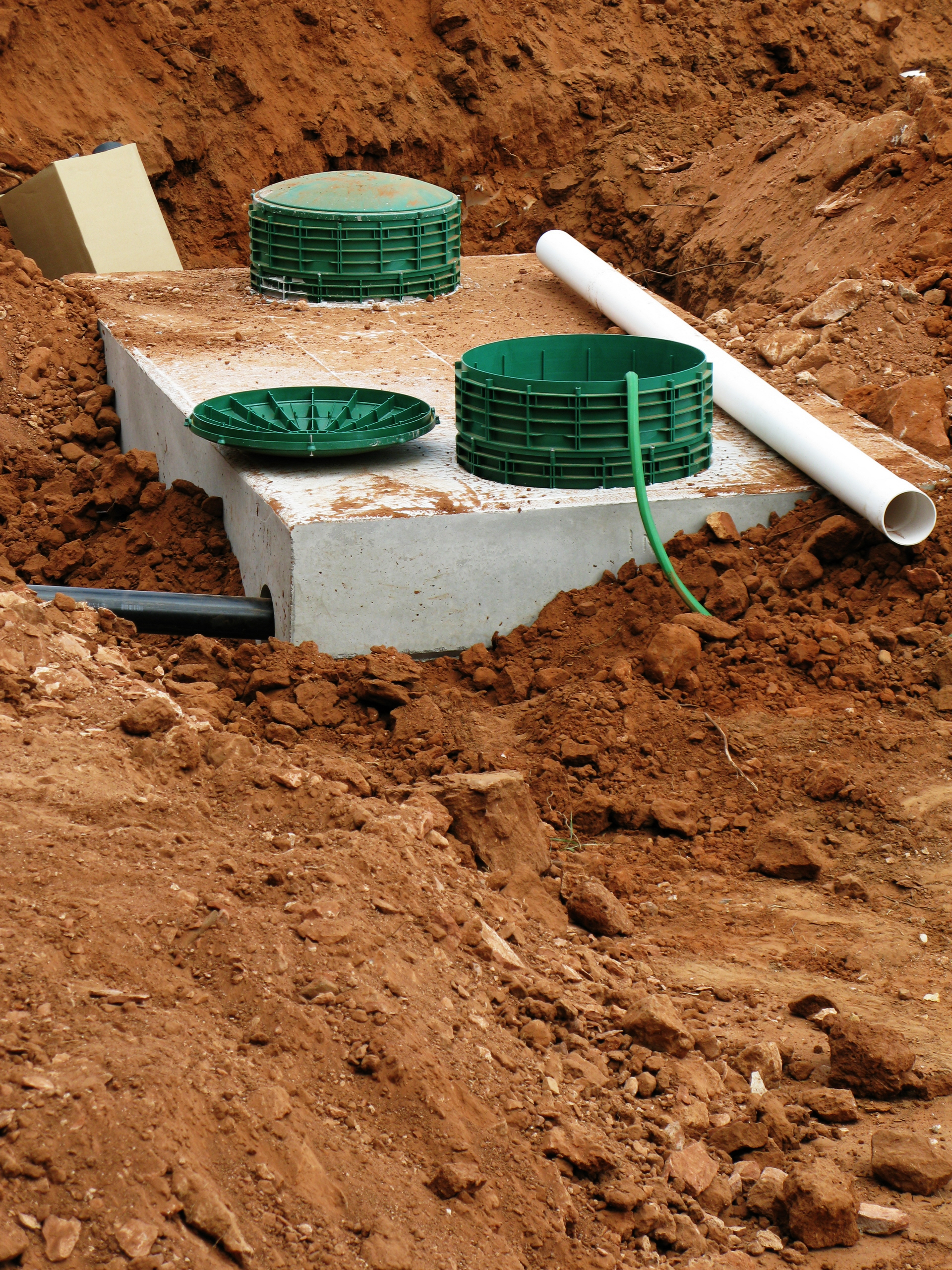
18. "All the hidden surprises. We bought our house, and things seemed great, but within the first two years of homeownership, we were forced to replace the AC unit, refrigerator, dishwasher, and an entire bathroom, since there had been a hidden leak under a shower that was rotting the wood away under it. Fortunately, we had money saved up for a trip that we could divert to these unexpected expenses. None of those things were visible or able to be discovered during the walk-through or inspection. Everything was working great for months after we moved in. Just be prepared that anything you rely on in your house can one day just stop working."
19. "Because of the property insurance crisis in Florida, our homeowners insurance went from $770 a year in 2018 when we bought the house to $2,500 now in 2024. It literally keeps me up at night; because of this, I’m afraid I’m going to be priced out of a home I only owe $90,000 on. Property taxes are going the same way, and I’m so grateful I bought a townhouse."
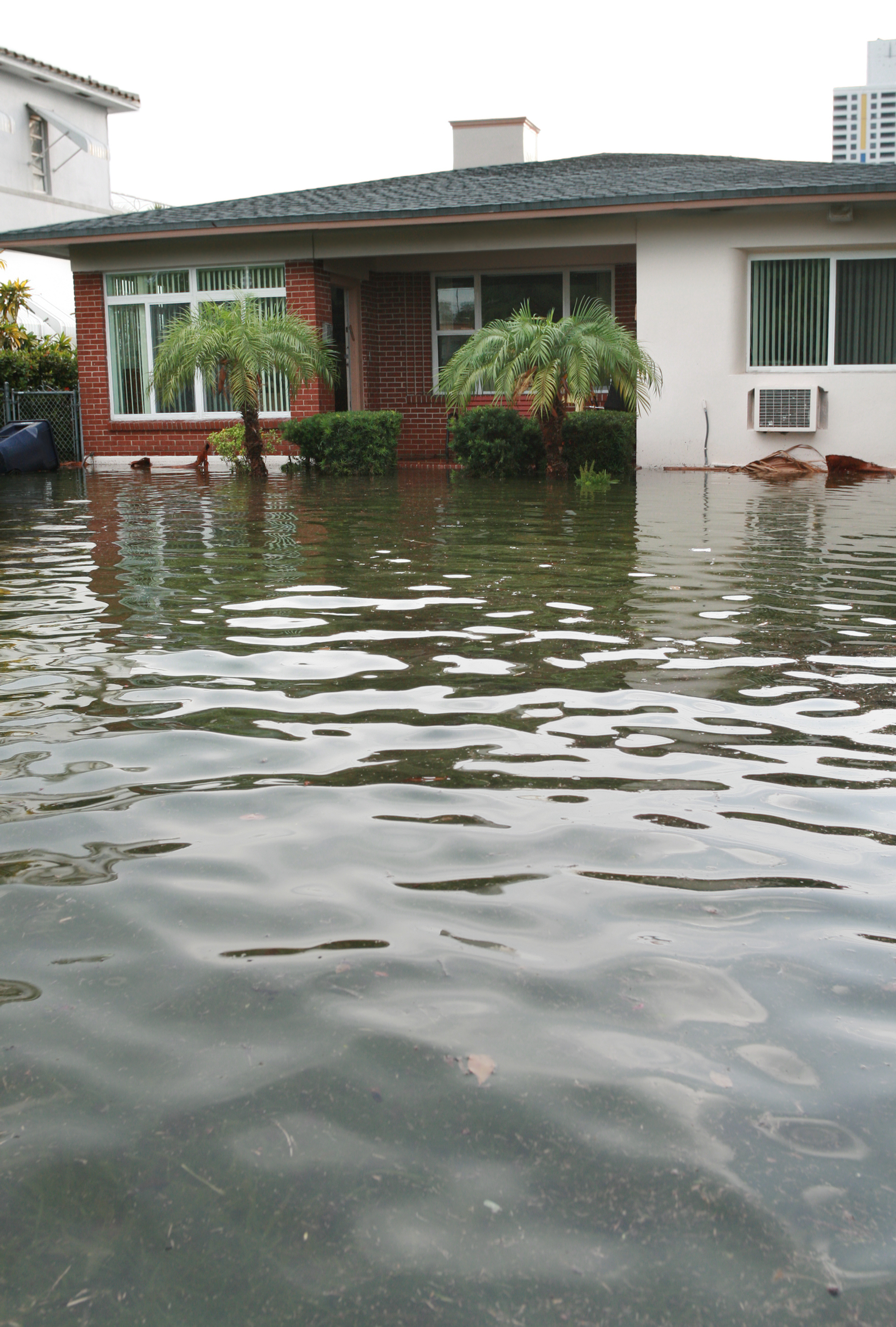
20. "If your house was built before 1995, make sure you know what kind of water main line you have. Our water bill was insanely high due to a tiny water leak we couldn't locate for a while. It turned out to be a leaking polybutylene piping in our yard that took the city several times to locate in six months. Unfortunately, it ran over 300 feet from the city water lines to our house. Now, polybutylene piping is illegal to patch up, so we had to replace the whole line! Cost us a pretty $10,000."
—Anonymous
21. "I think a lot of people don't realize how expensive general maintenance can be and how much it adds up over the year. Whether you do it yourself or hire people, you should 100% absolutely have things inspected and cleaned out every year. You can never buy a home and just sit on it, hoping things stay the same and don't break or leak or crack. Every fall, I check the entire home over two or three times and make the calls and appointments I need to prep for winter. I do the same every spring once we've thawed out. You'd be amazed how often you catch things once the ice has melted. Oh, look, a new leak? Great..."
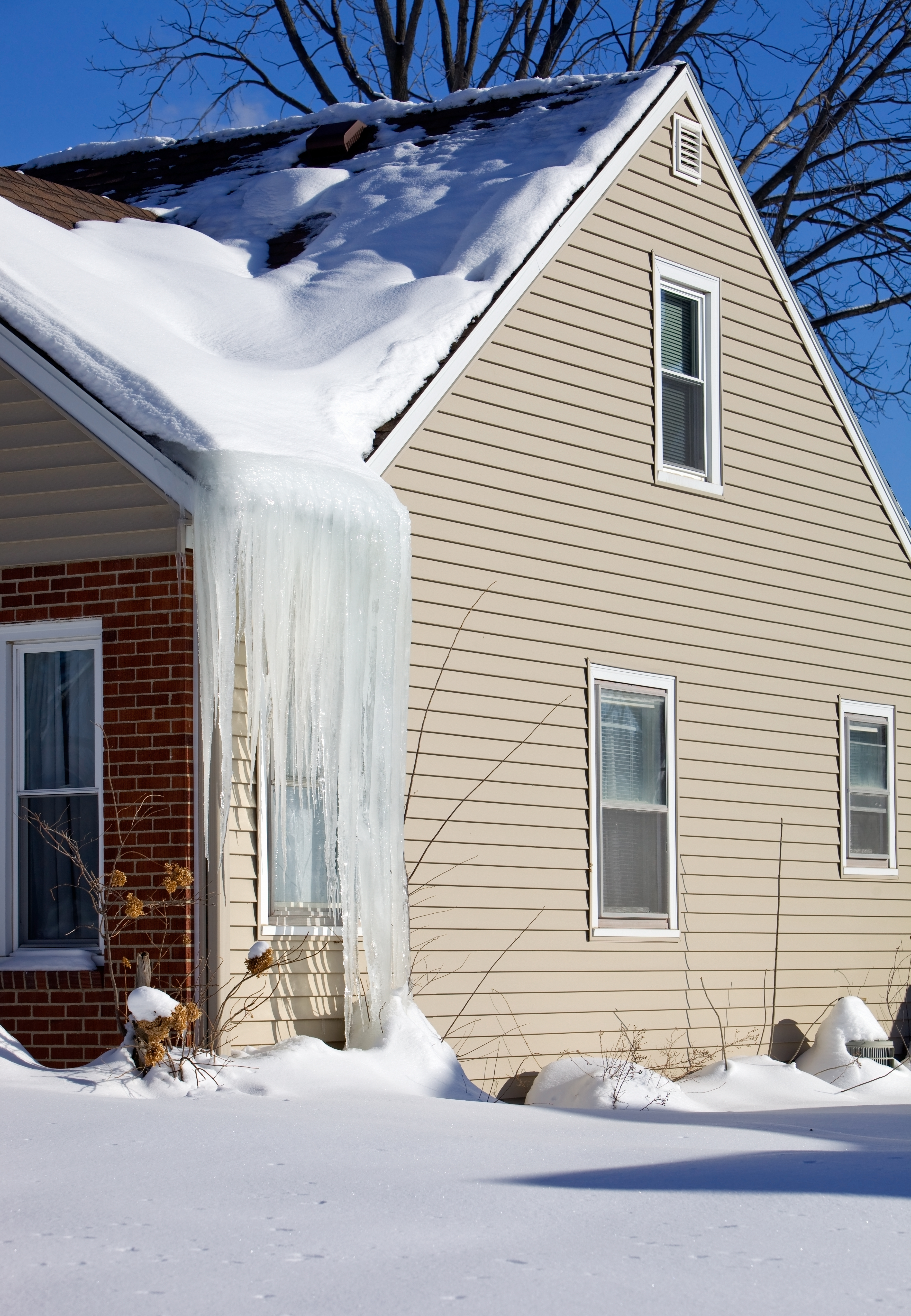
22. "Property taxes. I live in a condo of less than 900 square feet. My friend lives in a 2,500-square-foot house a county over. My property taxes are more than double his."
23. "Windows. I bought an older condo with single-pane windows. It would literally rain on the inside in the winter because of the condensation and drip everywhere. I spent thousands to replace the windows, and now I have to pay thousands more to replace the moldy blinds and carpet. Never buy a place with single-pane windows."
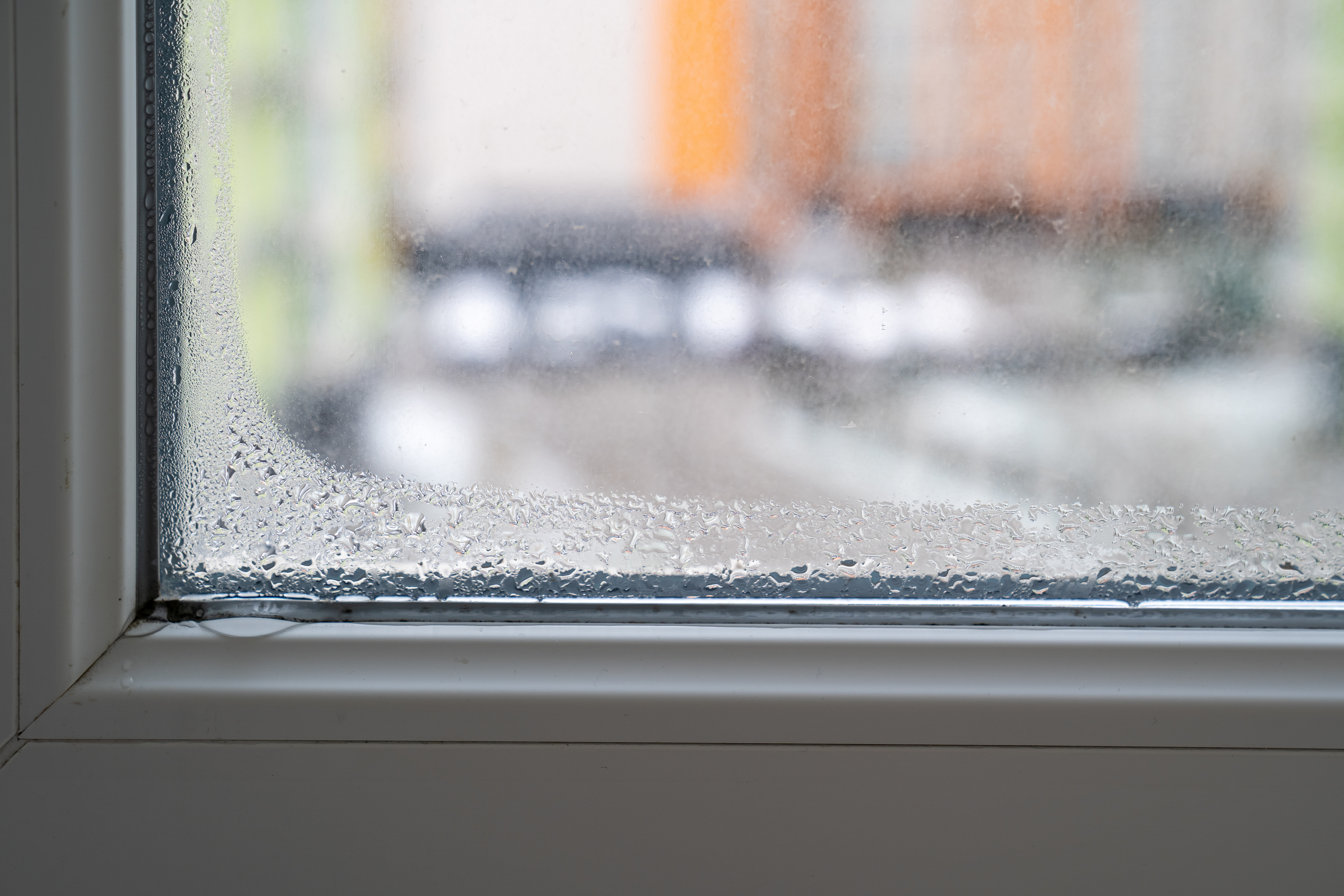
24. "Something is constantly breaking. Even if you're currently happy with your home and don't want to make any upgrades, budget to have a little cushion. In other words: Buy less house than you qualify for, and you won't wind up in debt when hail-mageddon pummels your roof and you have to shell out $3,000 for the insurance deductible."
—Anonymous, 38, Texas
25. "We moved into our new home in December. Come April, after the snow melted and we had a few rainstorms, we found out we had a leaky basement. There’s no way the previous homeowners wouldn’t have known, but no way for a home inspector to assess. It cost $14,000 to waterproof the basement and then maybe $25,000 to refinish the basement."
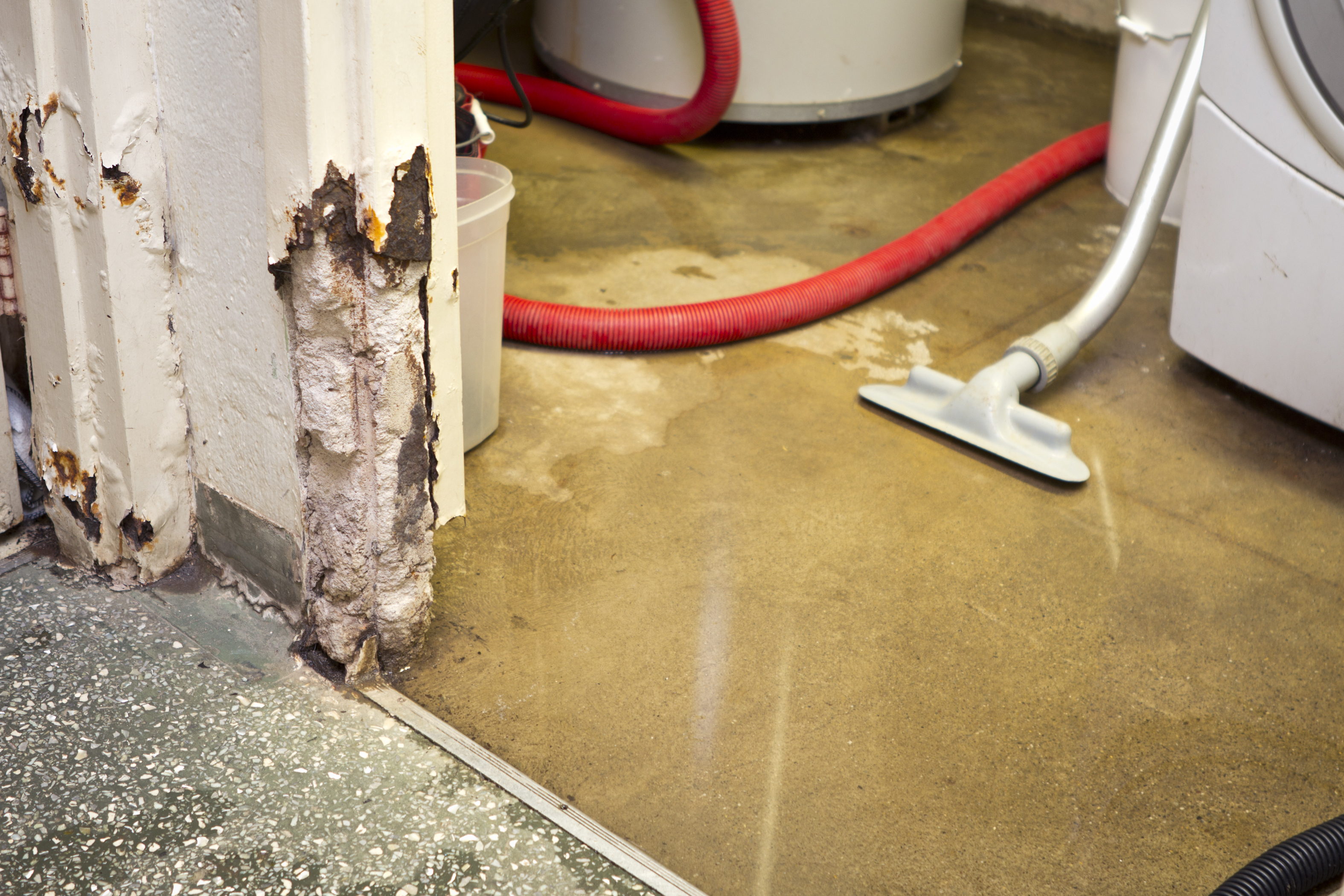
26. "I describe owning a home as a constant battle against water. Whether it's replacing the shingles and siding or correcting the improperly sloped landscaping, so many of the surprise expenses I incur boil down to keeping water out."
27. "Utilities and taxes almost always increase year over year, and are currently doing so at an alarming rate. Plan for it by not maxing out your budget with your house payment."
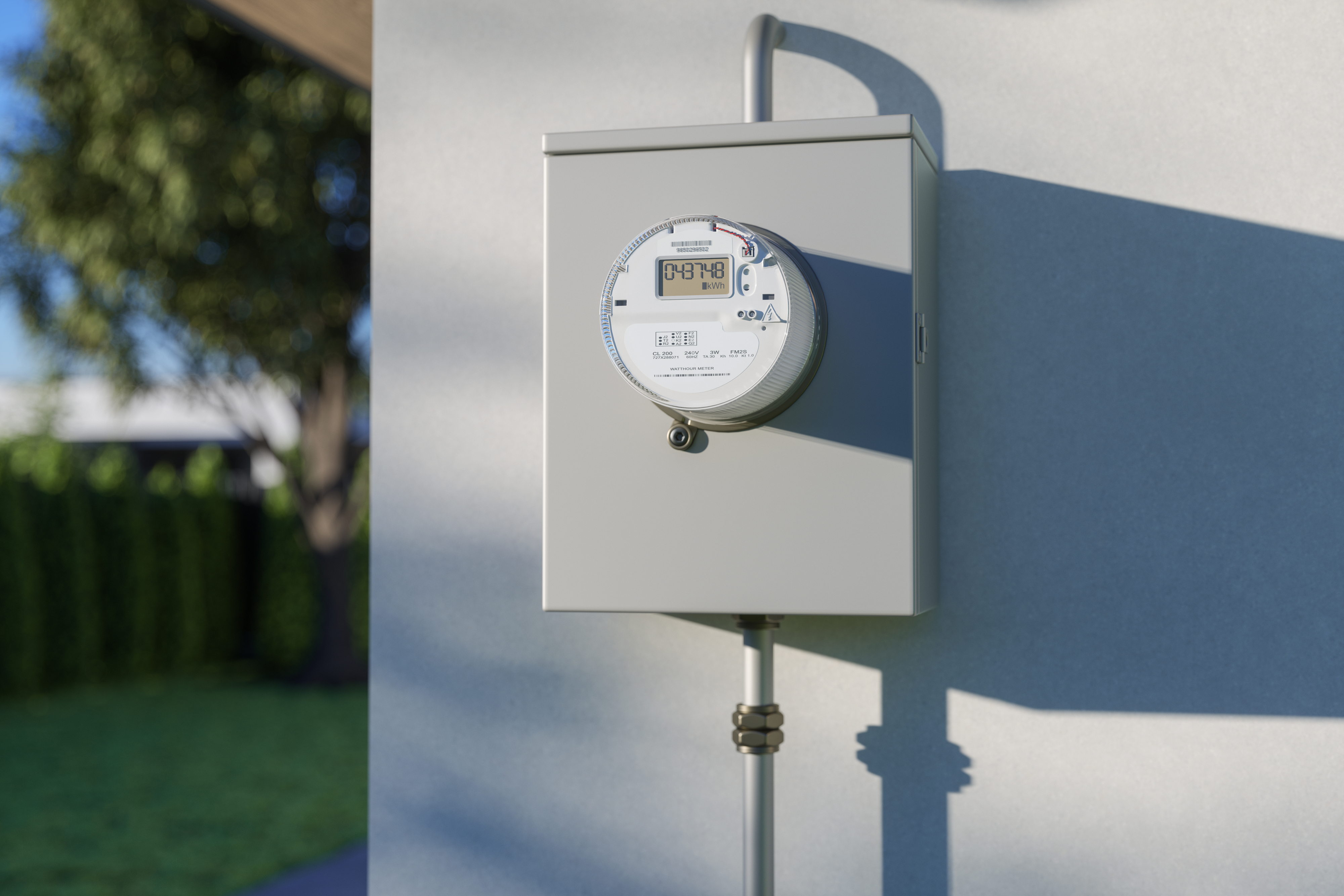
28. "The amount of time spent on projects and upgrades saps up all my time. We bought an older home, so we planned that we would do these renovations, and those costs were calculated into how much we'd offer on the home. But we didn't understand how much time it takes to do the projects, from the ones we do ourselves to the ones we have to get estimates and pick a tradesperson for."
29. "Septic system emptying. I had no clue we were not on a sewer system; we had a septic tank instead. We learned the hard way when it got clogged, and we had all the contents of the tank come up through our toilets and sinks. So disgusting. On top of fixing the mess, we needed to go ahead and have it emptied, which is something that must be done every few years. I didn't realize when we bought the house that this would be an added $500-or-more expense every two to three years."
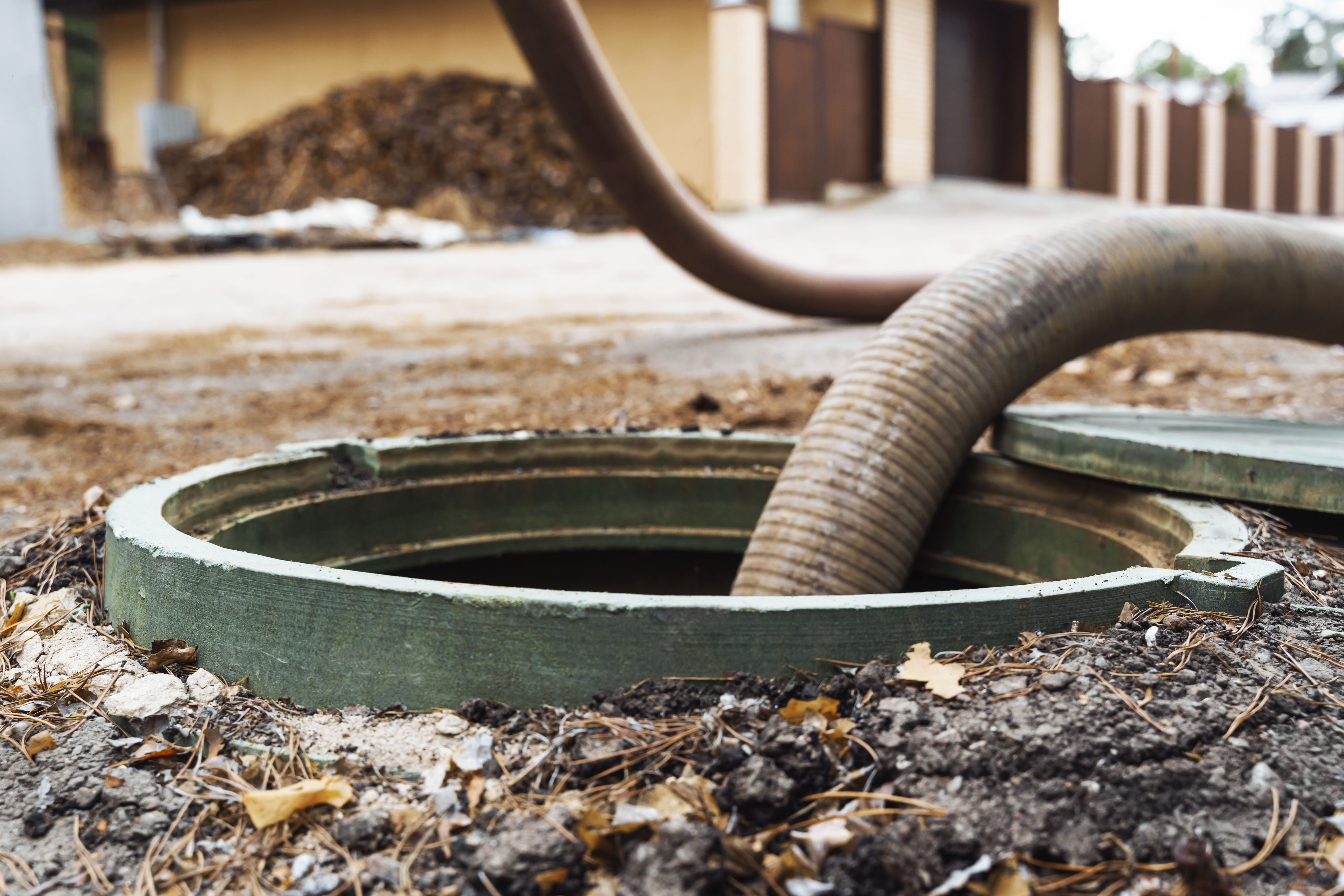
30. "First-time homebuyer here. We got an inspection and figured we knew exactly what we were getting into. Day 1: Our water won’t turn on after I’ve called the city three times to come out and turn it on. Turned out, the entry line going into our house broke, so check for that! Month 1: We get termites, but minimal damage. (To future us: Ask about any pest control the previous owners had done.) Year 1: Because the house sold, appraisers appraise it way higher! We paid a wild amount in property taxes, and our monthly payments went up $400!"
31. And last but not least: "The biggest hidden cost is literally everything. When you rent, so many things never occur to you; you just pay monthly and live somewhere. When you own, everything is on you. You are going to have to learn how to do things yourself and buy the proper tools or pay somebody else to do it. Drain clogged? Learn how to take apart the trap or pay a plumber $150 just to show up. Is the toilet running or dripping? You'll have to learn how to replace the valve or flex line ($15) or pay somebody (another $150). After a few years of owning a home, you won't believe how many tools, paintbrushes, rolls of duct tape, tubes of caulk, and spare roof shingles you'll have. Or how empty your bank account will be."
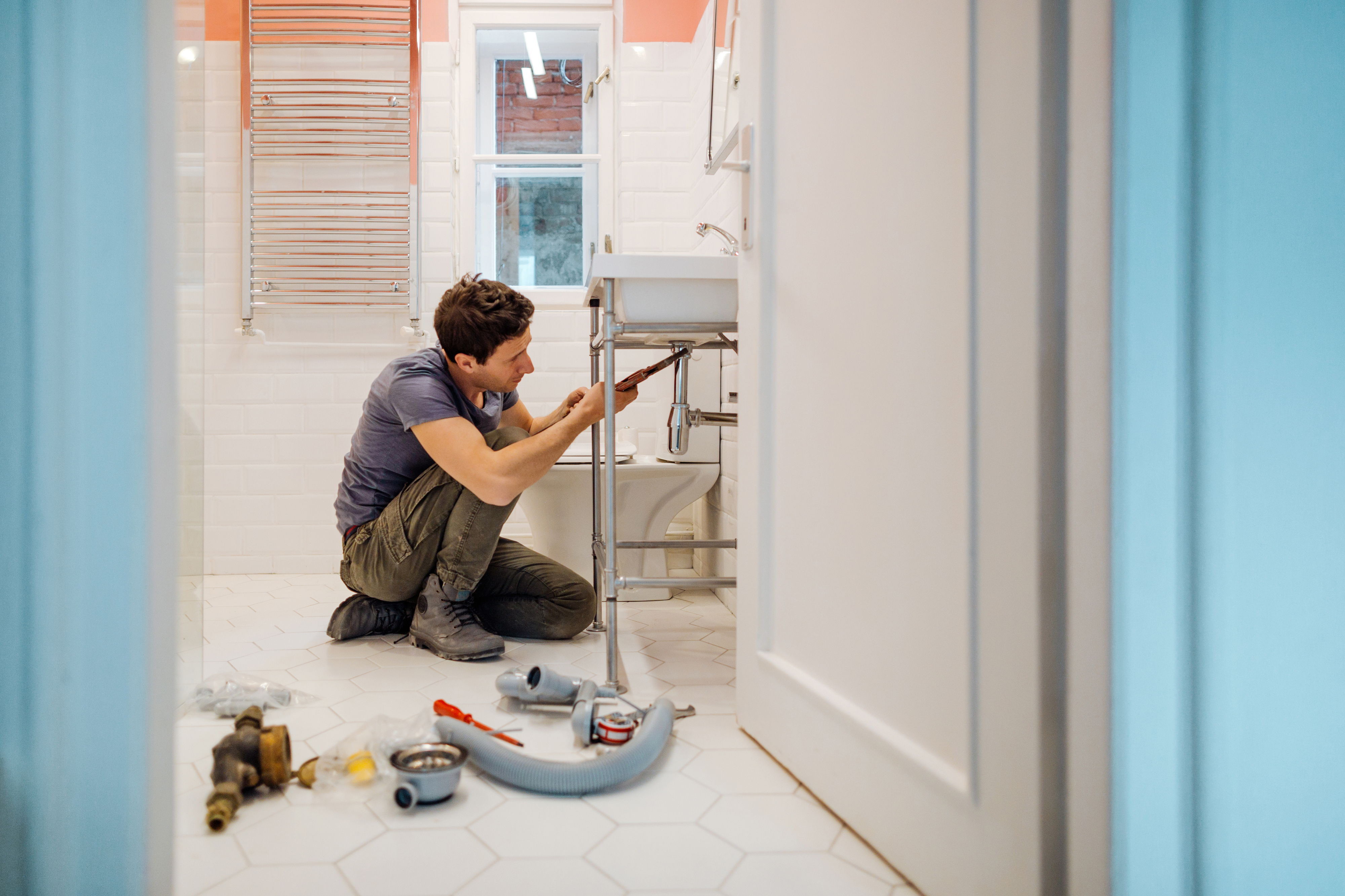
Homeowners, we want to hear from you. What's a hidden (or unexpected) cost that you wish you'd known about before buying a home? Tell us in the comments below or through this anonymous form.
Note: Some responses have been edited for length and/or clarity.
